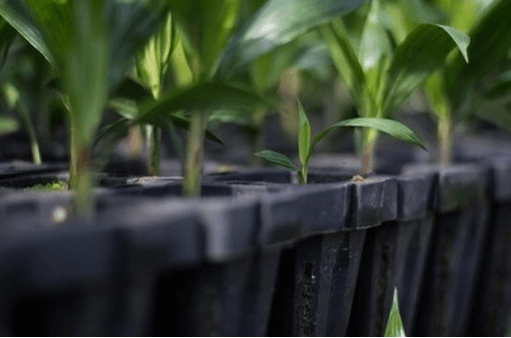The world's annual production of vegetable oils has exceeded 100 million tons, 86% of which are used for human consumption. Vegetable oils are mainly derived from the stored oils in the seeds of some oilseed crops. Vegetable oils are generally considered to be more beneficial to human health than animal oils.
The fatty acids that make up the basic components of vegetable oils can generally be classified as saturated, monounsaturated, and polyunsaturated fatty acids. These fatty acids, like vitamins and amino acids, are also important nutrients for the human body. Among them, polyunsaturated fatty acids are essential fatty acids that cannot be synthesized by the body itself and must be taken in from food.

The fatty acid composition of oils and fats varies greatly from plant to plant, which means that there is diversity and biological plasticity in fatty acid metabolism in plants. Lifeasible, therefore, applies biotechnology such as genetic engineering to improve the fatty acid composition of oilseeds. We produce improved plant varieties that are beneficial to human health or as chemical raw materials through genetic modification and gene editing.
Types of plants that can be improved
| Arabidopsis thaliana | Gossypium hirsutum |
| Arachis hypogaea | Helianthus anuus |
| Beta vulgaris | Miscanthus capensis |
| Brassica napus | Panicum virgatum |
| Brassica juncca | Saccharum officinarum |
| Camelina sativa | Sorghum bicolor |
| Carthamus tinctorius | Sacharum spontaneum |
| Glycine max | Zea mays |
Lifeasible applies genetic engineering techniques to modify and target fatty acid composition in oilseeds. It can significantly shorten the breeding cycle and improve efficiency, and even obtain special fatty acid compositions that cannot be synthesized in ordinary oil seeds. This approach can be used in several plant species to greatly improve the nutritional value of plant tissues and has the potential to expand the production of vegetable oils and industrial chemicals.
If you are interested in our services or have a special variety that needs improvement, please feel free to contact us. You can also place your order online. We look forward to working with you in the field of engineering technologies for the modification of vegetable oil production.
Lifeasible has established a one-stop service platform for plants. In addition to obtaining customized solutions for plant genetic engineering, customers can also conduct follow-up analysis and research on plants through our analysis platform. The analytical services we provide include but are not limited to the following:
Get Latest Lifeasible News and Updates Directly to Your Inbox